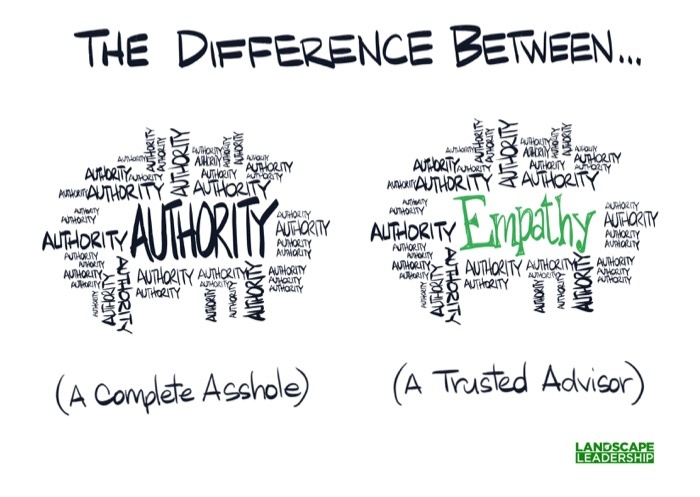Topics: Content Marketing Web Development Advertising Branding And Positioning
See How Easily You Can Use These 5 Elements of Storytelling to Sell More Work
 Author: Chris Heiler
Author: Chris Heiler
 No one connects with their audience better than Hollywood. They do it with a formulaic storytelling framework that keeps our squirrel brains (and butts) in our seats for 90+ minutes.
No one connects with their audience better than Hollywood. They do it with a formulaic storytelling framework that keeps our squirrel brains (and butts) in our seats for 90+ minutes.
You can use this same proven framework to develop effective messaging for your lawn and landscaping company. Your "script" will influence the following:
- Website copywriting, video, and blog posts
- Social media
- Radio and television advertising
- Sales copy in brochures, direct mail, etc.
- Call scripts and email templates
Instead of your prospects tuning you out, this story framework will corral their distracted minds to ensure they actually listen to what your company has to say.
There are five essential elements that must be considered in all of your messaging. And, like a good recipe, you need to get the amount of ingredients just right, or your messaging will fall flat.
1) A Character, 2) With a Problem

Every Hollywood blockbuster has a hero or protagonist at the center of the story who must undergo a transformation. Think Luke Skywalker or Daniel Larusso in The Karate Kid.
Let's be clear about one thing: You are not the hero. Your customer is. Any approach other than this and you risk being seen as self-centered and self-promotional.
This is the mistake 99% of companies make in their messaging. Just look at your website. Look at your competitors' websites. The story is all about your company, not your customers.
Every hero has a problem or challenge they face. While Luke fights the Dark Side, Daniel gets his ass kicked by the Cobra Kai.
Your prospect is no different, so your messaging must speak directly to their problem and pain.
This is why content marketing can be so effective when following this framework. Your website, along with blogging and video, provide your company with a platform to address your prospect's problems and challenges on a regular basis.
3) Authority and, 4) Empathy
Aside from confusing who the main character is in a company's messaging, the next mistake has to do with overusing one ingredient and omitting another entirely.
To build trust and credibility with a prospect you need a pinch of authority. Like ruining a recipe with too much salt, you risk turning off your prospects by overdoing the authority.
A heavy dose of empathy is needed to balance out the authority.
You need to be to your prospects and customers what Yoda is to Luke and Mr. Miyagi is to Daniel.

5) Resolution
What if Luke hadn't blown up the Death Star? Or a hobbling Daniel hadn't unleashed the Crane Kick on Johnny? Neither would have been much of a story, right?
Whether it's on your website or on the radio, you must offer a resolution and call your prospect to action.
This is your plan or process that will address your character's problem along with offering the first step to get started. This should not be complicated. Read my closing below as an example of this in action.
Wrap Up
I know you [character] are not a Hollywood director or screenwriter. You're a landscaper – and damn good at it [empathy]. I used to be one myself [authority], so I know how difficult it can be [empathy] to develop a company-wide, consistent message that will resonate with your prospects and customers.
Fortunately, we have discovered a proven 7-step framework [resolution] that will fix how you talk to your prospects so they don't tune you out [problem].
Schedule a meeting with us today [resolution]. We'll guide you through our 7-step framework so you tell your company story in a clear and compelling way.
Image source: “The Hollywood Sign” by vxla is licensed under CC BY 2.0





